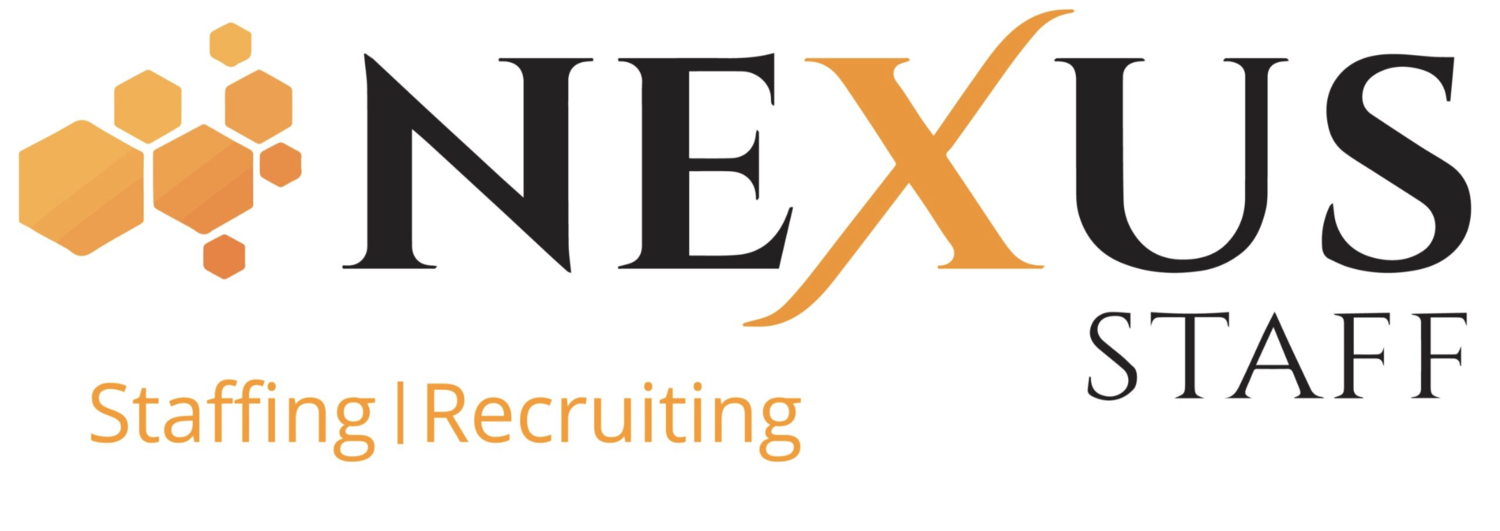Questions to Consider While Creating a Hybrid Work Policy
According to a recent study from Gallup, nine in ten employees with “remote-capable” jobs prefer some degree of long-term remote flexibility. From an organizational standpoint, whether or not these expectations are met can make or break a company – from employee engagement and satisfaction to turnover rates.
With this in mind, whether you’re rewriting your existing hybrid work policy or are introducing your company's first approach to the flexible arrangement, take these five questions into consideration:
What is your definition of hybrid?
Simply put, a hybrid work model includes a combination of in-person and at-home or remote work. However, exactly how and where your company decides to break up this arrangement can depend on the field, your employees, and so on. While putting together your hybrid work policy, consider what percentage of days employees should expect to be in the office or at home – should certain days be chosen in advance or will employees be able to pick and choose their remote days? Or, does hybrid simply mean some employees are welcomed to work completely in the office or at home? Plus, what exactly does “at home” even mean? Are employees free to work from anywhere (coffee shop, library, vacation, etc.,) or should they be expected to be at home during their scheduled work hours? Answering these questions in your hybrid work policy can create a clear understanding of what should be expected of all employees, whether in the office or working remotely.
What benefits can a hybrid work week have for your company?
For employees that may be on the fence about a hybrid work week, be sure to consider what benefits this model can have. For example, a hybrid schedule can broaden the applicant pool to employees that may not be able to travel to the office every day, but are still stand-out candidates and employees. In addition, hybrid work can be a great solution for many employees to handle their work-life balance. Including these pros in your company's hybrid work policy can encourage more employees to take advantage of your company’s flexibility and ease any of their uncertainties.
Who is eligible for hybrid work?
Will all employees be eligible for a hybrid work schedule? And if so, will all of their expected amount of in-person or remote work be the same or different? Perhaps your organization wants certain criteria to be met in order for employees to be able to function on a hybrid schedule – for example, amount of hours worked, salary versus hourly employees, seniority levels. If this is the case, be sure to include what that criteria is in your hybrid work policy and explain what all employees’ options are.
What can employees expect from a hybrid work experience?
For an employee, a hybrid work model may require some adjusting if they’re used to typically working completely in the office or remotely. Managing two workspaces, keeping track of where they’re supposed to be each day, and remaining a part of company culture can be a challenge. While putting together your company’s hybrid work policy, be sure to include what resources will be available for employees throughout their hybrid work. For example, perhaps you will consider an increase in employee engagement activities or new employee resource groups.
Additionally, you will want to consider the physical resources employees will need in order to work both in the office and remotely. If they are in need of a new work from home set up (desk, chair, monitors, cell phone, etc.), should your employees expect to receive these items, or will they need to provide them on their own? Having a clear idea of what to expect out of their hybrid schedule — tangible or not — will help employees easily transition or continue on with their hybrid roles.
What are your concerns with hybrid work?
Perhaps your organization still has some qualms when it comes to hybrid work. Maybe there is a fear that productivity levels will go down or company culture will suffer as a result. If these or other possible issues have been brought up before, be sure to make it clear in your hybrid work policy what your concerns are, and if applicable, what the reparations may be if these concerns come true. For example, will hybrid work only be available for employees who have proven to keep their performance up to par? Or will hybrid work be frequently reevaluated on a certain basis (i.e. quarterly or annually)? Doing so allows all employees to be on the same page when it comes to hybrid work and again, sets clear expectations for what they can expect.
Whether you're looking to fill a remote, on-site, or hybrid position, our staff of recruitment experts and client managers is here to connect you with the best employees. Contact Nexus today for a personalized candidate search plan.







